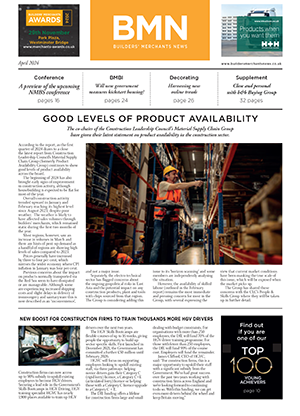The mandatory introduction of CE marking for all building service products is an important step forward for the heating industry. Affecting manufacturers, retailers and consumers, it is set to change the commercial landscape for the better.
The introduction is being welcomed by all responsible manufacturers of radiators used in central heating systems. It will raise standards and ensure a market place, which, by making suppliers and retailers more responsible for ensuring the performance of their products, will put the best interest of the customer at its heart and as a result will help achieve higher levels of customer satisfaction.
Without an enforceable regulation some suppliers have thus far been able to present performance figures for products which have not been based on the harmonised European standard, EN442. While this may give them an unfair advantage over their competitors who do comply, it is ultimately the consumer that loses out.
Thanks to the legislation changes on 1 July 2013, and as part of the CE marking requirement, in order for a radiator to be eligible for distribution and sale in the UK, it must be performance tested by an independently accredited third party to meet EN442 requirements and have its certified heat outputs published.
This means that all products can now be compared on a true like-for-like basis, as with no alternative standard being accepted, every manufacturer must work to the same guidelines. This ultimately ensures reliability and precision at every stage of the design process and gives specifiers and installers confidence in the sizing of radiators to avoid issues of under performance in operation. It also enables consumers to make an informed decision as to which product they purchase, with the added assurance that it will perform as stated to ensure the correct level of warmth within the home.
As far as the distribution of the products under the new regulations is concerned, it is stated in the EU regulations that it is the responsibility of the distributor to ensure that the products they are selling conform to the required legislation. This means checking the products bear the CE marking and ensuring appropriate accompanying documentation. Where a distributor believes that a product is not compliant then they should refrain from selling it, and should a distributor, for whatever reason, sell a non-compliant product, then they should take the necessary corrective measures to withdraw or recall it.
Enforced by European Law and with the risk of prosecution by Trading Standards, it is expected that CE Marking will eventually become part of Building Regulation requirements. So ensure compliance today and be perfectly placed for tomorrow.
Nigel Coston is technical director of Zehnder Group UK.







